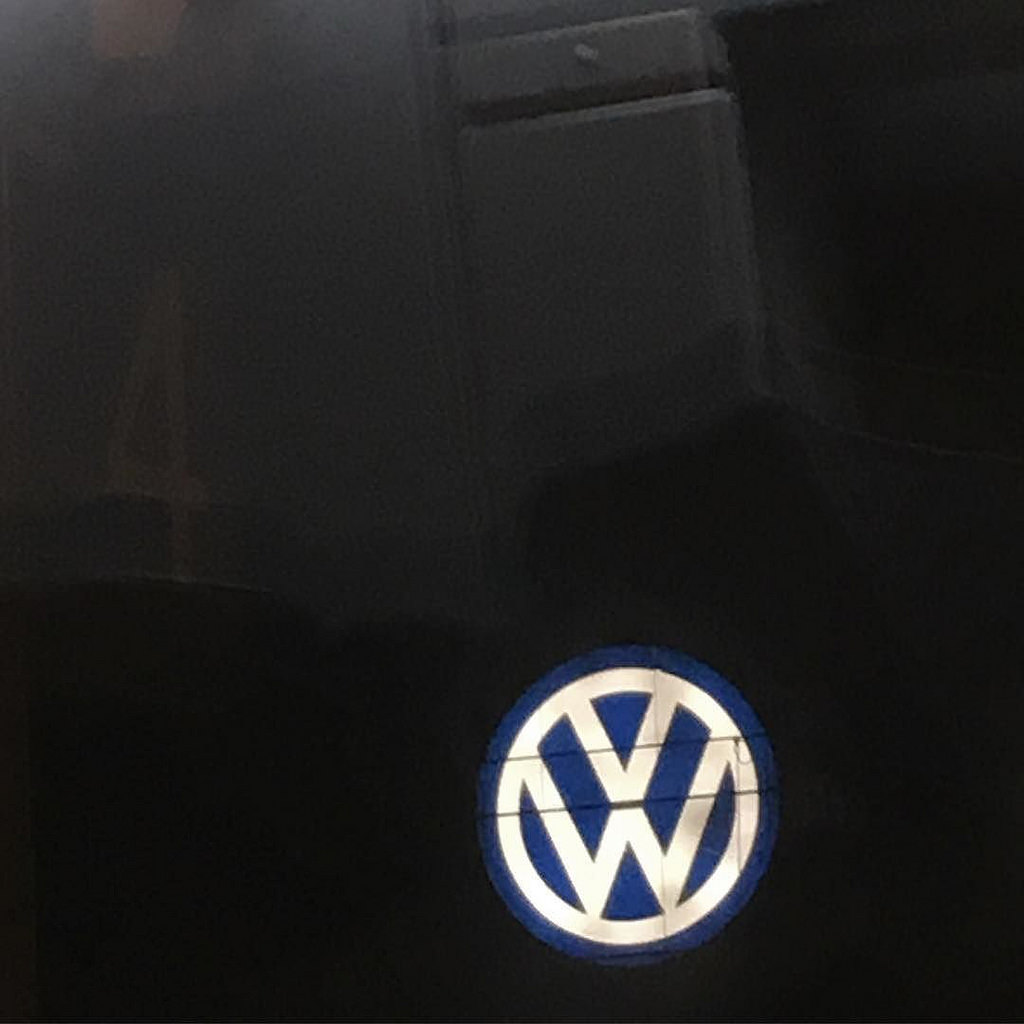Just two years after the scandal with falsification of emission data, which was dubbed "Dieselgate", Volkswagen again committed itself to reaching the essence of the offense.
The largest automaker in Europe once again attracted the attention of the public. Last week's edition of The New York Times reported that Volkswagen and other German companies BMW and Daimler funded an organization called the European Research Group on Environment and Health in the Transport Sector (EUGT) for testing.
VW CEO Matthias Müller stated after the appearance of this information that the company was once again convinced that they only have to regain the lost trust.
"The methods used by the EUGT in the United States were wrong, they were unethical and repulsive," he said. "I'm sorry that Volkswagen was involved in this issue as one of the sponsors of the EUGT."
Earlier it was reported that Volkswagen in September 2015 admitted that it installed on its cars special software that understated the data on emissions of harmful substances into the atmosphere. The Dieselgate has affected more than 11 million cars.
The then general manager of the Volkswagen Group, Martin Winterkorn, announced his resignation in connection with the scandal surrounding the software of Volkswagen cars with diesel engines that had engulfed the German concern.
In a statement on the Volkswagen website dated September 23, 2015, Winterkorn reported his responsibility as manager of the company for the violations that had occurred, and that he was retiring in the interests of the company, which must overcome the current crisis and "start everything from scratch."
In December 2016, representatives of Volkswagen said that the company agreed to buy 20 thousand vehicles and expected to amend the other 60 thousand. The settlement documents show that if the regulators do not approve the correction for all vehicles, the automaker's expenses may increase at times.
source: reuters.com
The largest automaker in Europe once again attracted the attention of the public. Last week's edition of The New York Times reported that Volkswagen and other German companies BMW and Daimler funded an organization called the European Research Group on Environment and Health in the Transport Sector (EUGT) for testing.
VW CEO Matthias Müller stated after the appearance of this information that the company was once again convinced that they only have to regain the lost trust.
"The methods used by the EUGT in the United States were wrong, they were unethical and repulsive," he said. "I'm sorry that Volkswagen was involved in this issue as one of the sponsors of the EUGT."
Earlier it was reported that Volkswagen in September 2015 admitted that it installed on its cars special software that understated the data on emissions of harmful substances into the atmosphere. The Dieselgate has affected more than 11 million cars.
The then general manager of the Volkswagen Group, Martin Winterkorn, announced his resignation in connection with the scandal surrounding the software of Volkswagen cars with diesel engines that had engulfed the German concern.
In a statement on the Volkswagen website dated September 23, 2015, Winterkorn reported his responsibility as manager of the company for the violations that had occurred, and that he was retiring in the interests of the company, which must overcome the current crisis and "start everything from scratch."
In December 2016, representatives of Volkswagen said that the company agreed to buy 20 thousand vehicles and expected to amend the other 60 thousand. The settlement documents show that if the regulators do not approve the correction for all vehicles, the automaker's expenses may increase at times.
source: reuters.com





